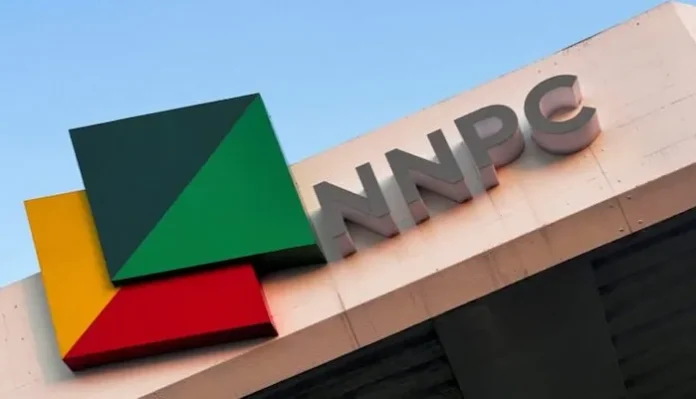As the Nigerian National Petroleum Company Limited struggles to close the gap between fixed pump prices and international fuel costs, Nigeria’s debt to suppliers of Premium Motor Spirit, also known as petrol, has surpassed $6 billion, doubling what it has been since early April, six industry sources told Reuters.
The NNPC quickly refuted this on Thursday; however, the Reuters story said that the national oil firm started having problems early this year when late PMS payments exceeded $3 billion.
According to merchants, the corporation has yet to pay for some imports since January, with the outstanding payments totaling between $4 billion and $5 billion. NNPC is required by contract to make payment within ninety days of delivery.
“The only reason traders are putting up with it is the $250,000 a month (per cargo) for late payment compensation,” one industry source said.
According to the sources, at least two suppliers have already withdrawn from current tenders after reaching their self-imposed debt exposure restrictions in Nigeria. This means that they won’t provide any more PMS until they are paid.
Risk-taking conditions are favorable to traders, but they set restrictions on the amount of credit they lend out for each trade to prevent taking on too much debt from a single borrower. Depending on the company’s size and operating location, these limitations differ.
Nigeria issued fewer bids to purchase gasoline in June and July as a result, according to dealers. According to two of the individuals, NNPC would import around 850,000 metric tons through tender in July, as opposed to the usual one million metric tons in prior months.
But when contacted by our correspondent and asked to react to the claims by traders as captured in the report, the spokesperson of NNPC, Olufemi Soneye, described it as “false.” He went ahead to say, “False. Did they name the marketers they claim we supposedly owe? Let them name them.”
President Bola Tinubu announced an end to expensive fuel subsidies in May last year, allowing pump prices to triple. But NNPC capped pump prices shortly afterward as citizens chafed under rising cost of living.
The cap, coupled with a naira currency crash, allowed the subsidy to creep back, according to industry analysts, though NNPC has denied the return of PMS subsidy.
Analysts, NGOs and even government officials have slammed the subsidy for years as wasteful and corrupt. But Nigerians, who get few government services, have long seen cheap fuel as their right, especially in the current cost-of-living crisis.
Last week, deadly riots forced Kenya’s debt-burdened government to cancel planned tax rises, casting a shadow over efforts elsewhere to inflict any further pain on citizens stung by rising inflation.
Senegal’s energy subsidy bill remains high, at 3.3 per cent of GDP, while Egypt and Angola are also trying to axe subsidies to shore up state finances.
Nigeria, Africa’s largest oil exporter, imports virtually all its fuel due to years of neglect at its state-owned oil refineries. The newly opened 650,000 barrel-per-day Dangote refinery has not yet produced marketable gasoline and is selling other fuels abroad.
The country has few savings to fall back upon as corruption and wasteful spending have eaten up decades of oil revenues. Cash-strapped NNPC has also mortgaged much of its spot oil cargo, limiting what it can sell for cash.
In late 2023, NNPC secured its biggest-ever oil-backed loan worth $3.3 billion from Afreximbank and a consortium of traders, including Gunvor, and opened a new tab to shore up the country’s foreign exchange.











